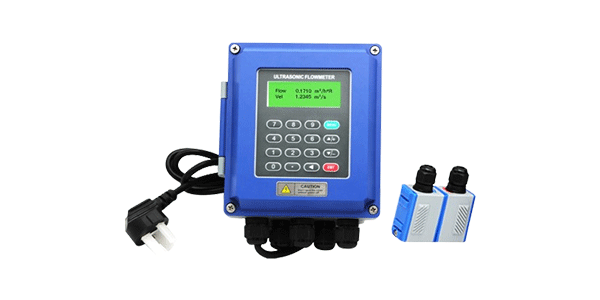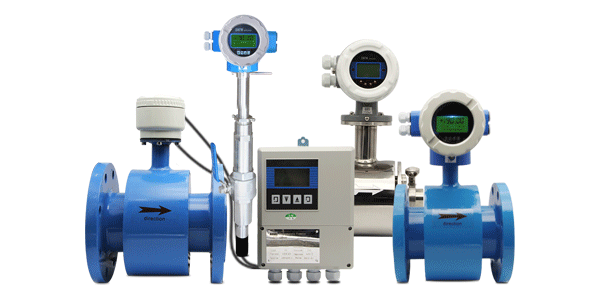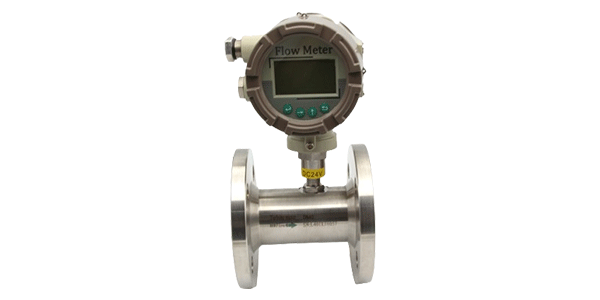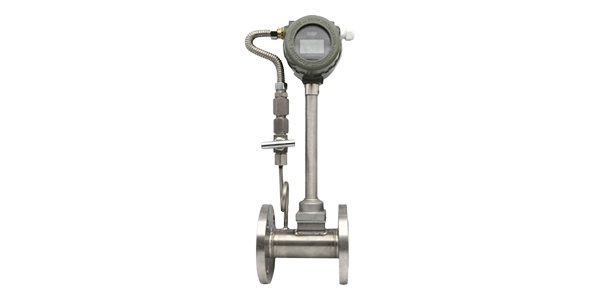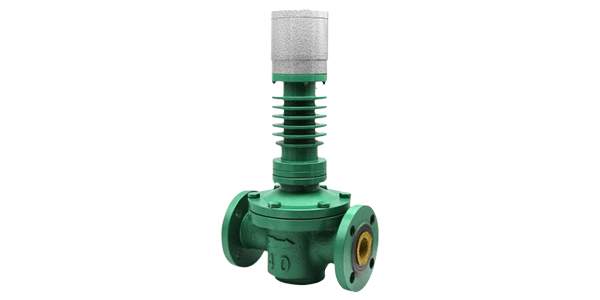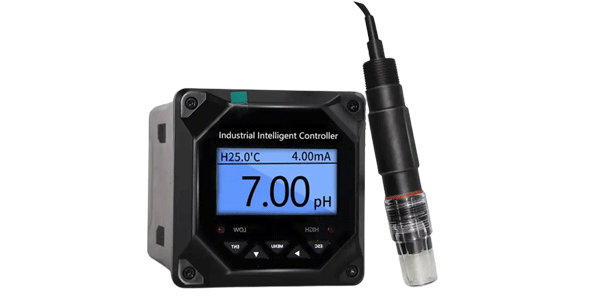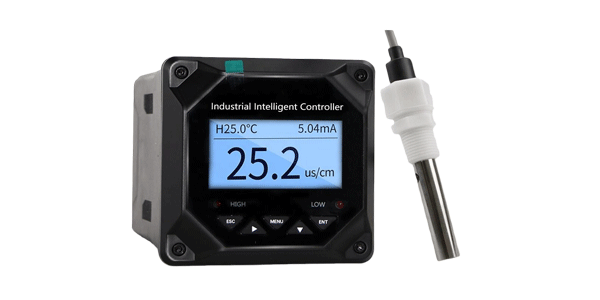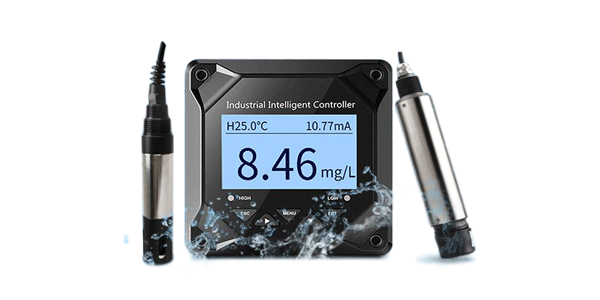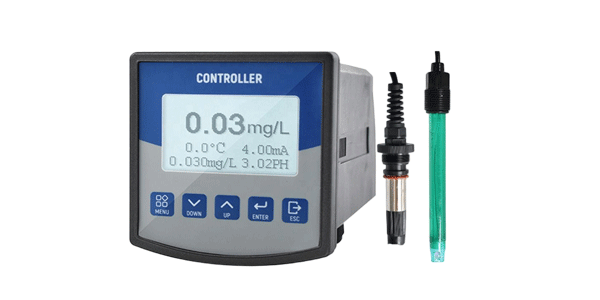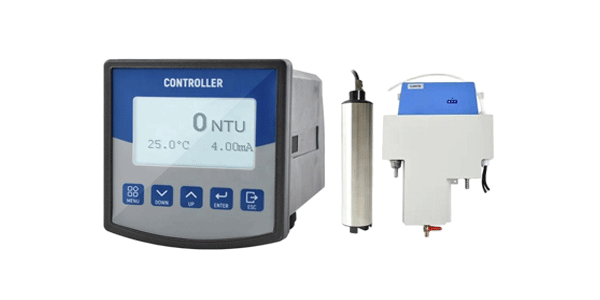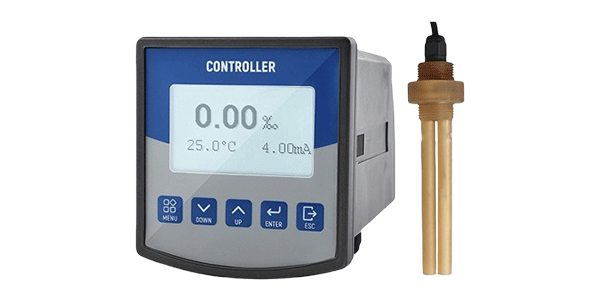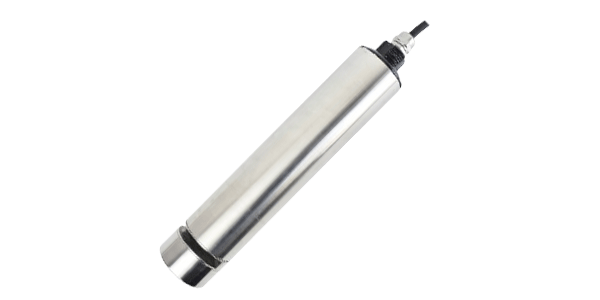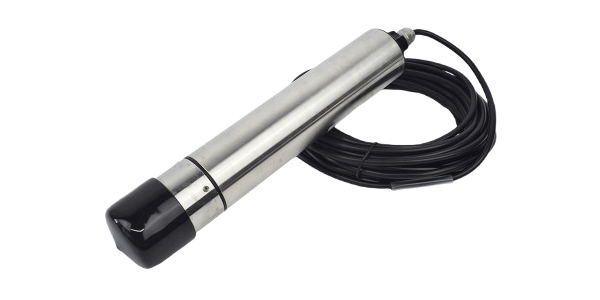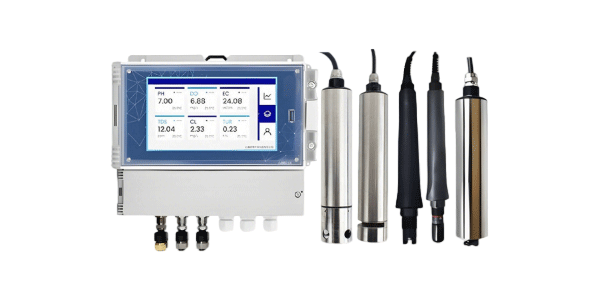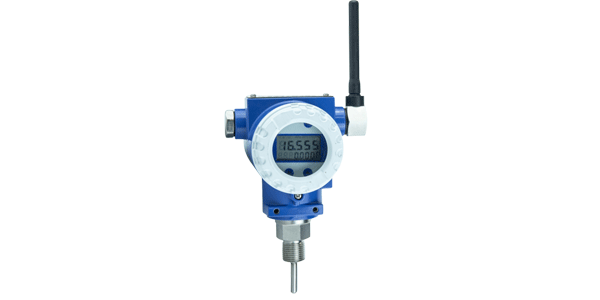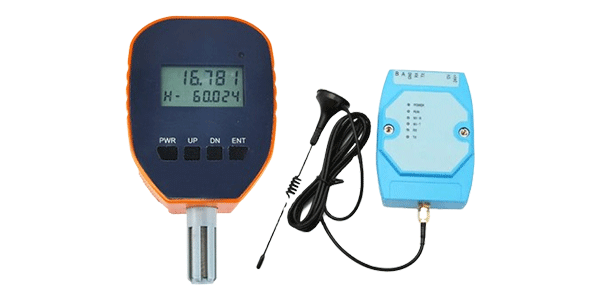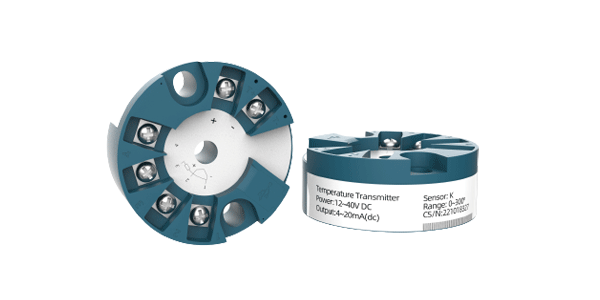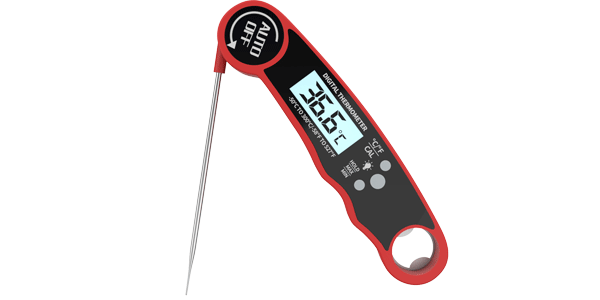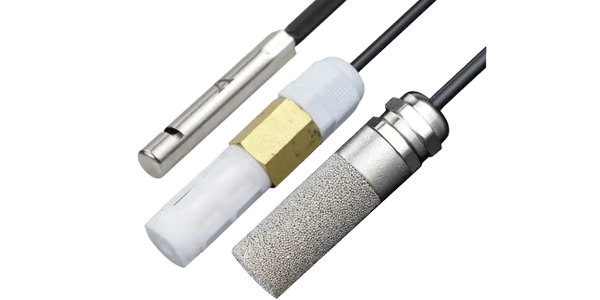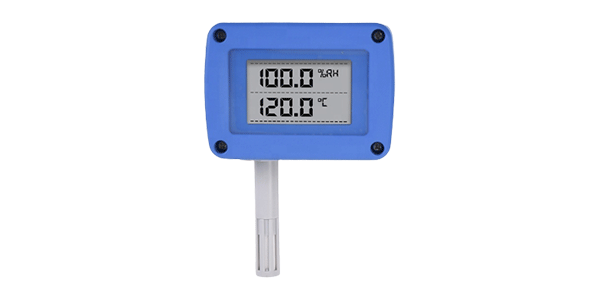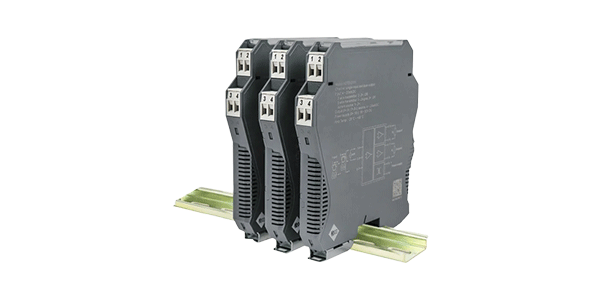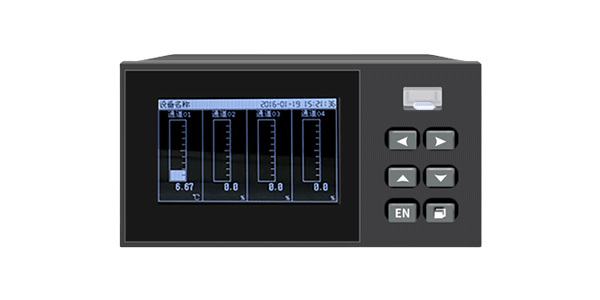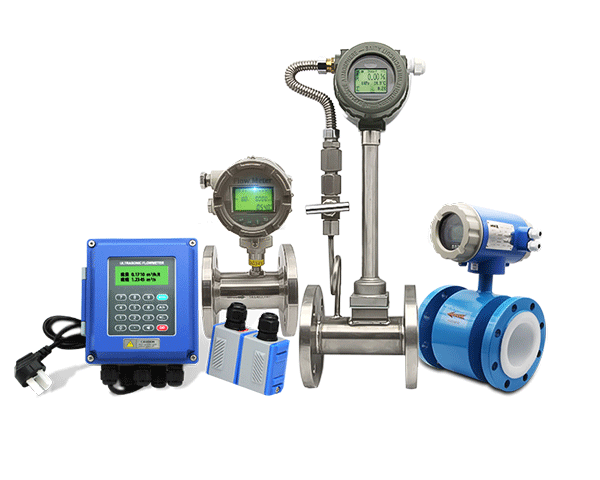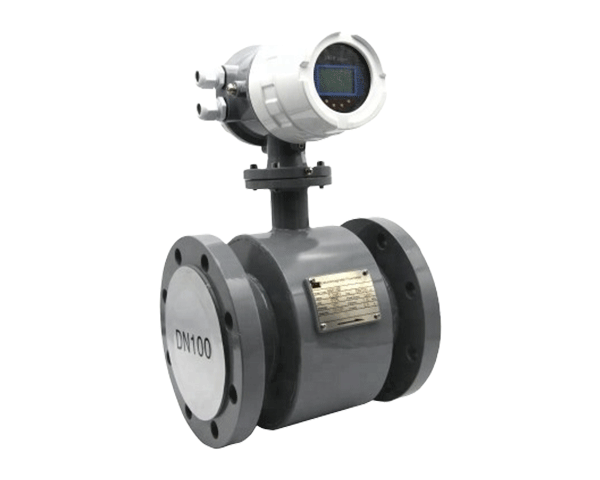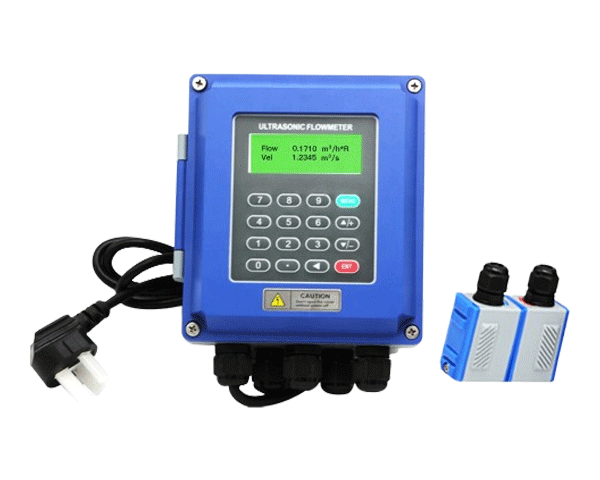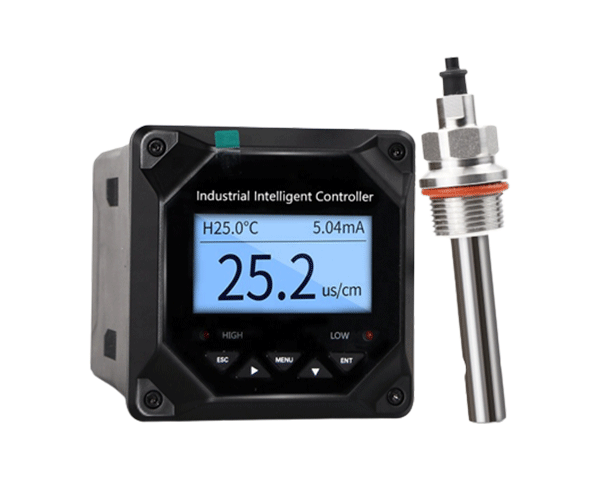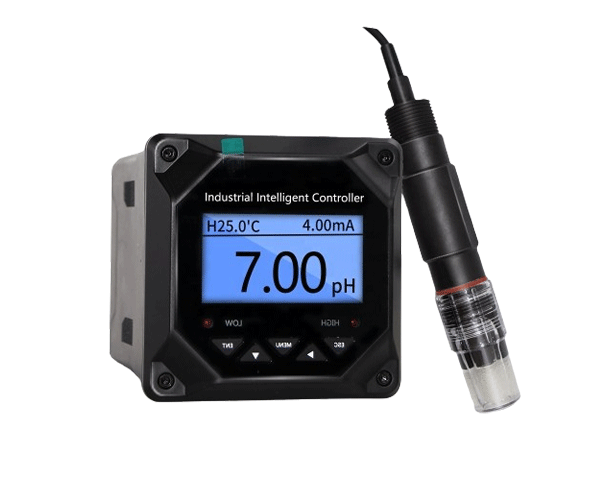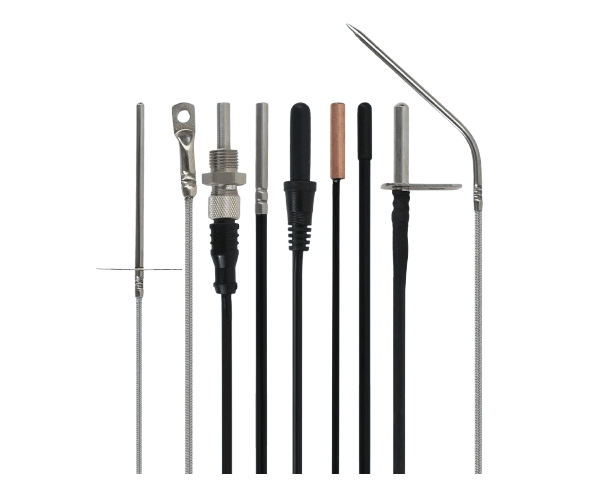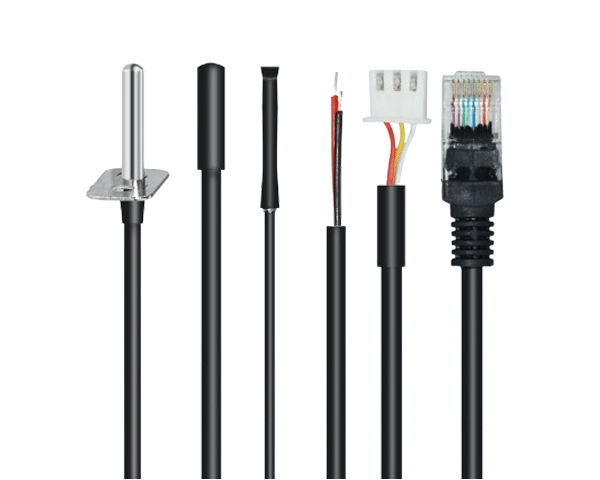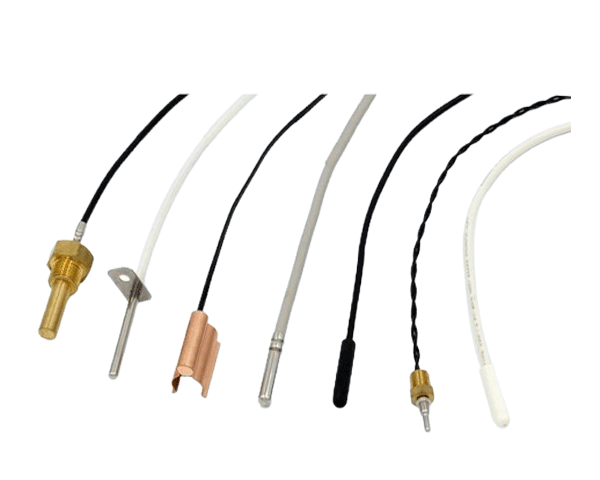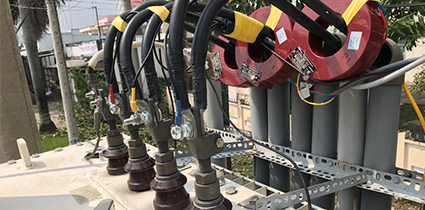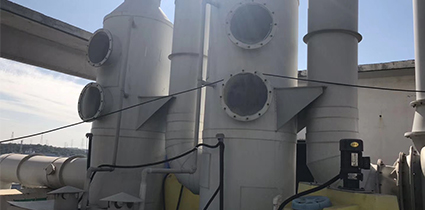The Critical Role of Temperature in BMS
BMS (Battery Management System) battery management system is a key technology used to monitor and control electric vehicle battery packs. Its performance and stability directly affect the life and performance of the battery.
Our Advanced BMS Temperature Management Solutions
The main functions of the BMS battery management system include battery status monitoring, battery charge and discharge control, temperature management, battery balancing, etc. Among them, temperature management is one of the important factors affecting the stability and safety of the BMS system.

Applications: Where Our BMS Excels
1. Battery body temperature measurement:
Epoxy resin probe, small size, fast response, good insulation, certain waterproof ability, good corrosion resistance and long service life.

2. Battery terminal temperature measurement:
copper nose probe, fast heat conduction, short response time, high temperature measurement accuracy, good corrosion resistance, easy to install, and good long-term stability.

Customer feedback

Why Choose GAIMC for Your BMS Needs?
BMS temperature sensor is specially designed for Battery Management System by GAIMC, BMS monitors the temperature of the battery in real time through a temperature sensor, and adjusts the battery's working status and charging and discharging strategies according to temperature changes. By properly controlling and managing temperature, the life and performance of the battery can be improved and the safe and reliable operation of the battery system can be ensured.
BMS Battery Temperature Management FAQ
1. Why is temperature monitoring so critical in a Battery Management System (BMS)?
Temperature is a fundamental factor impacting battery safety, performance, and longevity. Our BMS temperature management solutions continuously monitor cell temperatures to prevent dangerous conditions like thermal runaway, optimize charging/discharging rates, and ensure the battery operates within its ideal temperature window. This directly extends the battery lifespan and ensures user safety.
2. How does a BMS control and manage battery temperature?
A BMS manages temperature through a combination of monitoring and active control. It uses sensors to collect real-time data. If temperatures deviate from the set range, the system can initiate protocols such as reducing charge/discharge current, activating cooling fans, or controlling thermal management systems like liquid cooling plates. In extreme cases, it will disconnect the battery to prevent failure.
3. What is the normal operating temperature range for a lithium-ion battery with a BMS?
While the specific range can vary by cell chemistry, a typical safe operating temperature for most lithium-ion batteries is between 15°C and 35°C (59°F to 95°F). Our advanced BMS solutions are designed to maintain the battery pack within this optimal range as much as possible, especially in demanding applications like Electric Vehicles (EVs) and Energy Storage Systems (ESS).
4. What are the risks if my BMS temperature control fails?
BMS failure in temperature control can lead to severe consequences. The primary risks include:
-
Overheating and potential thermal runaway, which can cause fire or explosion.
-
Accelerated battery degradation, significantly reducing its usable life.
-
Reduced performance and power output.
-
Complete battery pack failure, requiring costly replacement.
This underscores the importance of a reliable BMS temperature management system from a trusted supplier.
5. How does a BMS handle temperature variations between different cells in a pack?
This is a key function called thermal balancing. In a large battery pack, some cells may become hotter than others. Our BMS identifies these imbalances. While passive balancing redistributes energy, for temperature, the system often manages it by adjusting the load or activating targeted cooling to hotter cells, ensuring uniform temperature distribution across the entire pack for maximum efficiency and safety.
6. Can you customize a BMS for extreme temperature environments?
Absolutely. At GAIMC, we specialize in designing custom BMS solutions for challenging conditions. Whether your application faces extreme cold or high heat, we can engineer systems with specialized components, robust thermal management algorithms, and enhanced protection mechanisms to ensure reliable operation. Contact our engineering team to discuss your specific environmental requirements.
